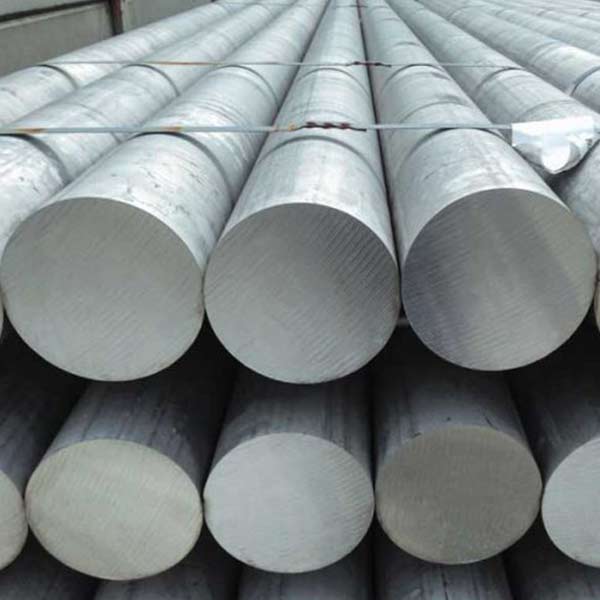Introduction:
In the current era, where climate change and depletion of natural resources have become serious challenges, recycling materials has gained special importance. Among them, aluminum stands out as a metal with an unparalleled recyclability, playing a crucial role in environmental protection.
Body:
Aluminum is one of the few metals that can be recycled repeatedly without losing its quality. Recycling aluminum offers numerous benefits:
-
Energy Saving: Producing recycled aluminum consumes only about 5% of the energy needed to produce new aluminum from bauxite ore.
-
Reduced Air and Water Pollution: Bauxite mining generates significant pollution, while aluminum recycling is much cleaner.
-
Waste Reduction: Bottles, cans, and discarded items can be turned back into new products.
-
Reduced Mining: Increased recycling reduces the need for ore extraction, lessening environmental damage.
Aluminum; a Unique Metal and the Vital Role of Recycling in Environmental Sustainability
In today’s fast-paced industrial world, aluminum is one of the key and strategic metals playing an undeniable role in economic development and technology. This lightweight, durable, and flexible metal is used widely in industries such as transportation, aerospace, construction, renewable energy, packaging, and electronics. Features like high strength-to-weight ratio, corrosion resistance, excellent formability, and good conductivity make aluminum an ideal alternative to many heavier and more resource-intensive metals.
What increases aluminum’s importance is its high recyclability. Unlike many materials that lose some quality during recycling, aluminum can be recycled repeatedly without significant degradation in its physical or chemical properties. This unique characteristic makes aluminum a cornerstone in the shift towards a circular economy and sustainable development.
Why is Aluminum Recycling Important?
The primary production of aluminum from bauxite ore requires significant energy, water, and chemicals. Extracting and refining bauxite consumes large resources and generates pollutants such as red mud and greenhouse gases like carbon dioxide, which adversely affect natural ecosystems. Conversely, producing secondary (recycled) aluminum requires only about 5% of the energy and drastically reduces pollutant emissions.
Recycling one ton of aluminum can save approximately 14,000 kWh of energy and prevent nearly 9 tons of CO2 emissions. These figures highlight aluminum recycling’s significant impact on reducing the carbon footprint of industries. Additionally, by reducing bauxite mining, deforestation, water pollution, and damage to biological resources are prevented.
Technology: A Milestone in Smart Aluminum Recycling
With the growing global demand for recycled materials and environmental pressures, aluminum recycling companies have rapidly adopted advanced technologies. Artificial intelligence (AI) and machine vision play key roles in optimizing sorting and processing.
Smart systems use advanced algorithms to accurately separate aluminum from other metals and materials, increasing recycling efficiency and reducing final waste. Data mining in recycling lines helps identify consumption patterns and optimize logistics. These technologies not only bring economic savings but also reduce energy consumption and enhance environmental sustainability.
The Role of Communities and Policy in Recycling Development
Effective aluminum recycling requires more than technology; it demands active community participation, precise government policies, and development of related infrastructure. Public education on waste separation, incentive laws for recycled materials, financial support for environmental startups, and investment in recycling industries are vital measures to advance this sector.
Moreover, industrial manufacturers can contribute by designing recyclable products and incorporating recycled materials into production cycles. Experiences from developed countries show that smart policy-making, advanced technology, and social awareness together can significantly increase recycling rates.
Conclusion
Aluminum is not just an industrial metal; it is a bridge to a sustainable, low-carbon future. Recycling this valuable metal creates unparalleled opportunities to reduce resource consumption, protect the environment, and strengthen the circular economy. Considering the environmental challenges of the 21st century, promoting and developing aluminum recycling must be a national and global priority. Every bottle, car part, or aluminum window returned to the recycling loop is a meaningful step toward a greener and more sustainable future.

